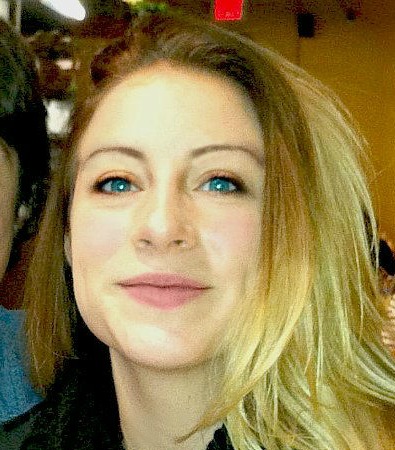Editor's NoteStephanie Stroud
This month, America turned 239. It’s a short number of years compared to some countries, but America is not like other countries. We do not have ancient temples, and we do not have the golden pyramids, nor crumbling relics of monarchies long past. Our country is new and still finding its voice. Heck, we make a lot of mistakes. But, while there are pubs in England that are older than our nation, we have something incredible that our global neighbors do not have. We have beautiful, provocative and wild landscapes: the deep, echoing Grand Canyon, the awe-inspiring Yosemite, fierce flowing rivers, mighty volcanoes, serene mountain passes, forests of fiery fall color and fields of whispering grasses of purple and gold. These are our national treasures, and we adore them. This past weekend, to celebrate our nation’s independence, I went to the Olympic Peninsula. The mist from the sea surrounded us as we walked on giant logs, and swam in the mighty waves, engulfed by their salty foam and the strands of seaweed that they whisked along. At night we gazed into our warm, crackling fire and smelt the dewy cedar trees. It made me think—staring into glowing flames, breathing in the ocean air, and pressing your toes into crispy fallen leaves are not things we have learned to love; these things are primal. These experiences satisfy our most basic human desires. That means anyone can find satisfaction in nature. I can’t think of any person that cannot find peace in places like the Olympic Peninsula. It is this peace that naturalist and environmental hero John Muir refers to as necessity, as home: “Thousands of tired, nerve-shaken, over-civilized people are beginning to find out that going to the mountains is going home; that wildness is a necessity.” Like the scent of your childhood house, or seeing loved ones after a long time of separation, nature restores this balance and calm in our lives. Landscape architects are constantly tinkering and experimenting with exterior spaces to recreate this feeling of home. We try to incorporate home into the urban fabric by adding a pocket park with grasses and flowers that attract bugs. Bugs are home. Grasses and dirt are home. How do you bring home to spaces under a highway? To a strip mall? To a parking spot on PARK(ing) Day? These are enormous challenges, but ones that are exciting and filled with opportunity. Our job is to bring people home, even when they are seemingly far away from it. I hope that you are able to find rest and relaxation in summer’s dreaminess, and that you are able to find the comfort, and the feeling of home, in nature’s bounty. Until next month, Stephanie
|

